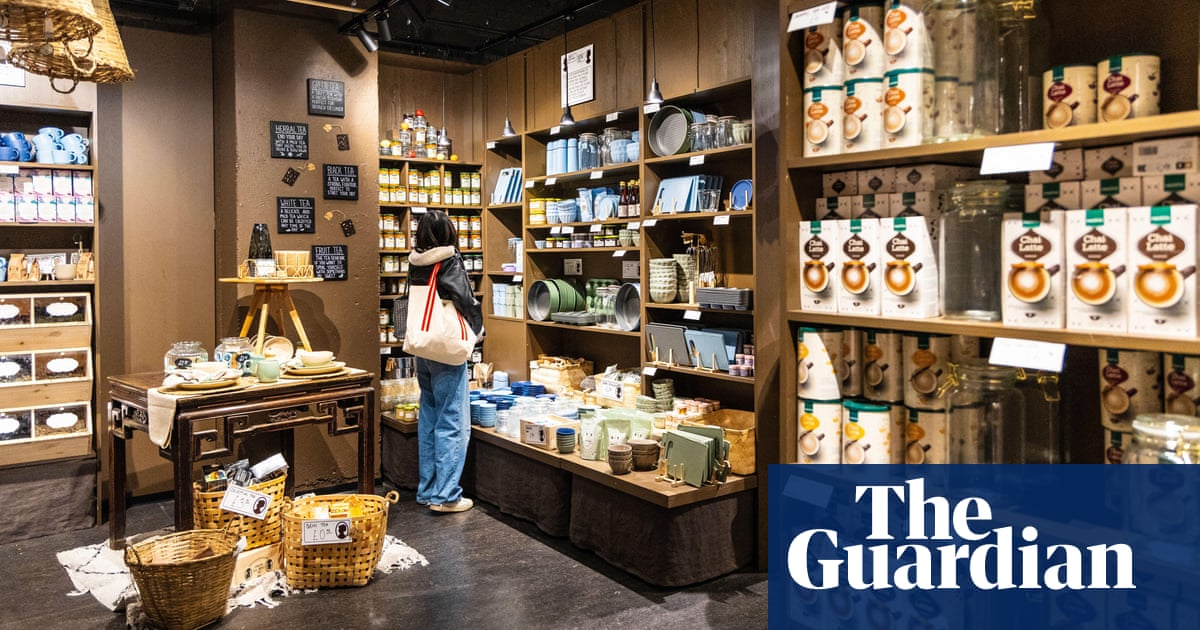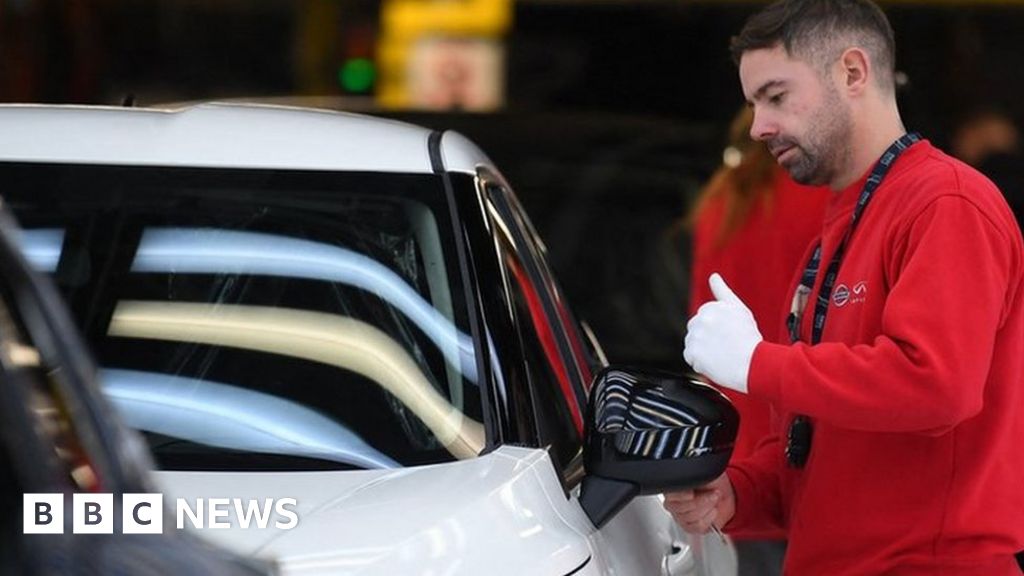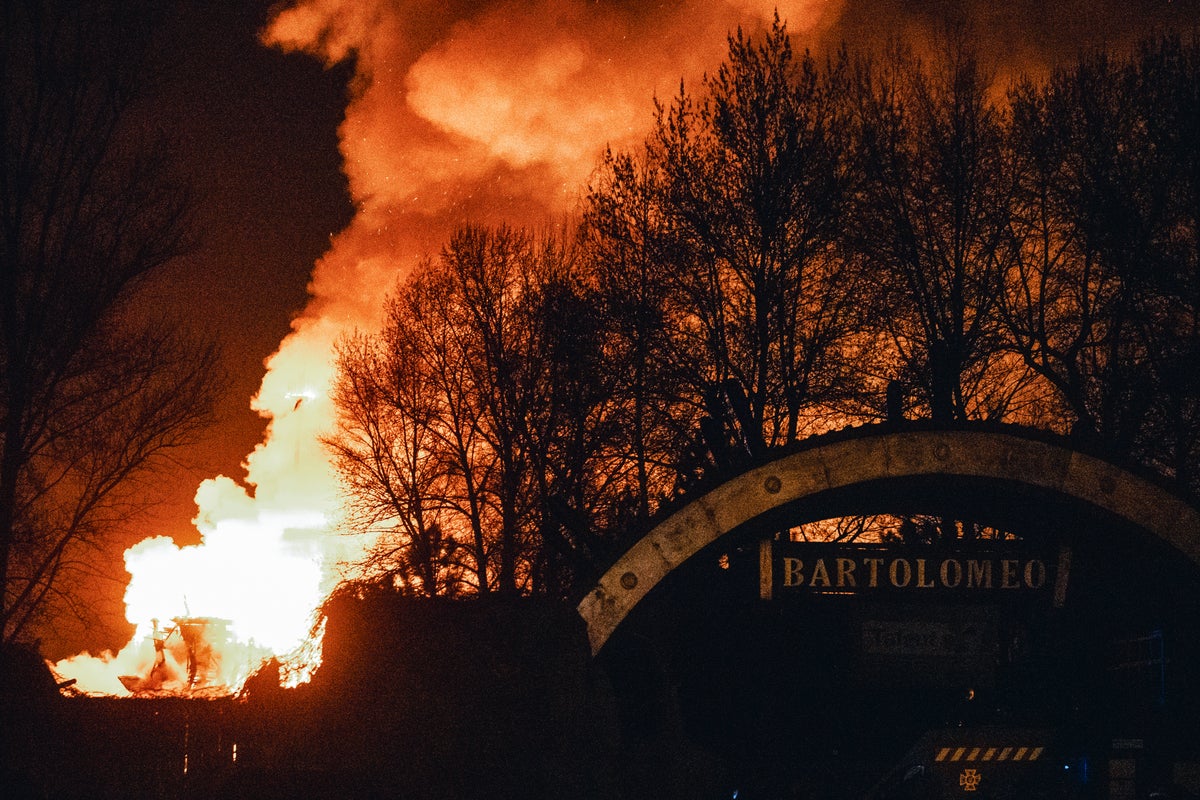The Chinese national intangible cultural heritage Miao Painting master Liang Desong said to Tan Mingling, “Miao Paintings are vital to me; they are not only the preciously ancient cultural legacy but also the spirit of one nation.” On May 9, four people from the School of Literature and Journalism, Jishou University, including Tan Mingling, came to Qianzhou, Jishou (the capital of Xiangxi Tujia and Miao Autonomous Prefecture, Human Province) for a face-to-face talk with Liang desong
As a Chinese intangible cultural heritage with a history of over 2,000 years, Miao Paintings have unique aesthetic features. The visiting students marveled at their romantic style with simple, original and passionate characteristics. As the single paintings on the basis of traditionally monochromatic embroidery pattern of Hmong, Miao Paintings boast a long history. They embody the unique folk customs of Xiangxi Tujia and Miao Autonomous Prefecture in the course of their development and depict the pleasant scene in which people enjoy a happy and long life and the rich crops. The techniques of Miao Paintings combined reality with abstract, exaggeration with transfiguration and freedom with solemnity have reached the perfect integration of classical arts with aesthetic ideas in modern times. Given this, the Miao Paintings have been included into the list of Chinese intangible cultural heritages.
As an inheritor of intangible cultural heritage, what Liang Desong desires is that not only inherit and develop ancestral arts and crafts, but also find more modern aesthetic elements, thus bring more vigor for Miao Painting. Liang Desong likes to communicate with college students and gains more painting inspiration. He also hopes that more young people know this kind of paintings, show their affections for Miao Painting and comprehend these ancient arts and crafts from a new perspective. Moreover, he wishes that young people have innovative spirit and methods to spread and promote Miao Paintings worldwide.
“The charm of Miao Paintings lies in their patterns and colors, which contain a nation’s rich cultural implications. The spread of beautiful Miao Paintings around the world means that the whole world could know more about Hmong and China.” After the pleasant communication with Liang master, these students indicated that they would make their efforts to work with the master, so as to turn Miao Paintings into the symbol of West Hunan, of Hunan Province and even of China.
Born in 1964, Liang Desong, the master of Miao Paintings, has learned these skills from his father since he was seven. He is the third generation inheritor of Liang’s Miao Paintings. His representative work The Two Phoenixes Towards the Sun won the gold medal in China’s “Hunan province, Hubei province, Chongqing and Guizhou Province Border Area Ethnic Folk Tourism Commodity and Folk Craft Master Contest”.





























